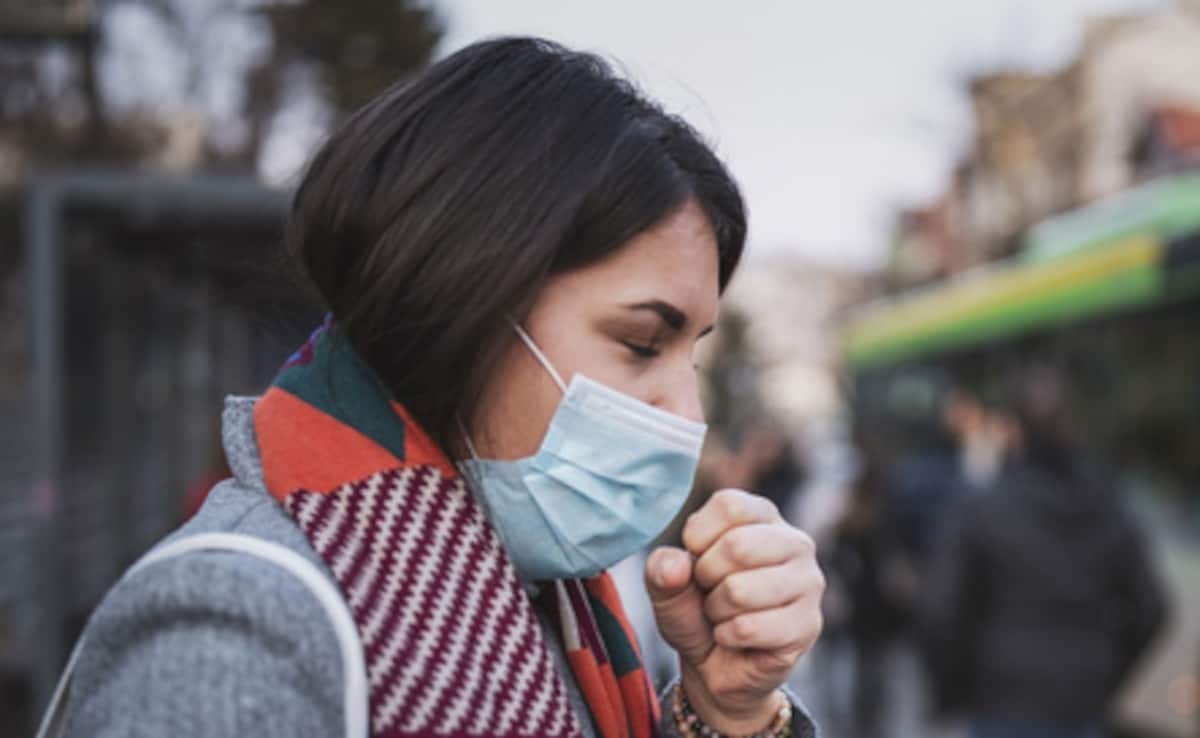
Pneumonia is an infection that inflames the air sacs in one or both lungs, causing them to fill with fluid or pus. It can be caused by bacteria, viruses, fungi, or other microorganisms. Common symptoms of pneumonia include cough with phlegm or pus, fever, chills, difficulty breathing, chest pain, fatigue, and sometimes nausea and vomiting.
Although pneumonia can occur at any time of the year, people tend to be more prone to pneumonia during the winter months. The cold temperatures can weaken the immune system, making individuals more susceptible to infections.
Along with this, people spend more time indoors and in closer proximity to each other during the winter, which increases the chances of transmission of infectious agents. Dry air, cold weather, and significant temperature changes can also affect the body's natural defence mechanisms. Read on as we discuss some common signs of pneumonia you should watch out for this winter.
10 Signs of pneumonia you should look out for:
1. High fever
If you notice a sudden and persistent increase in body temperature, it could be an early sign of pneumonia. Use a thermometer to measure the exact temperature, and if it is above 100.4°F, consult a healthcare professional.
2. Cough
Pay attention to any cough that develops or worsens over time. Pneumonia often causes a persistent cough that may produce phlegm or mucus. Monitor the nature and duration of the cough and seek medical advice if it continues for more than a week or becomes severe.

Pneumonia often causes a persistent cough that may produce phlegm or mucus
Photo Credit: iStock
3. Shortness of breath
Difficulty breathing, rapid breathing, or feeling breathless even during minimal physical exertion can indicate pneumonia. If you are experiencing such symptoms, it is important to seek immediate medical attention.
4. Chest pain
Pneumonia can cause chest discomfort or sharp pain when breathing deeply or coughing. If you experience persistent chest pain, consult a healthcare professional for evaluation.
5. Fatigue
Feeling excessively tired or weak can be an early sign of pneumonia. Monitor your energy level and seek medical advice if you experience persistent fatigue or weakness.
6. Loss of appetite
Pneumonia can cause a decrease in appetite or a complete loss of interest in eating. If you notice a sudden change in your eating patterns, especially coupled with other symptoms, consult a healthcare professional.

Pneumonia can cause a decrease in appetite
Photo Credit: iStock
7. Rapid heartbeat
Pneumonia can cause an increased heart rate or palpitations. If you notice a fast or irregular heartbeat, it is important to seek medical attention.
8. Confusion or delirium
In some cases, pneumonia can affect mental function, causing confusion, disorientation, or changes in behaviour. If you or someone you know experiences sudden mental changes, seek immediate medical care.
9. Bluish lips or nails
Pneumonia can result in a decrease in oxygen levels, leading to a bluish tint in the lips, nails, or skin. If you notice this symptom, seek emergency medical attention.
10. Chills and sweating
Pneumonia can cause sudden bouts of chills and excessive sweating. If you experience these symptoms, along with any of the aforementioned signs, it is important to consult a healthcare professional.
If you notice any of these early signs of pneumonia, it is crucial to seek prompt medical attention. Pneumonia can be a serious infection and may require antibiotic treatment. Contact your healthcare provider or visit an urgent care facility to receive a proper diagnosis and appropriate treatment.
Disclaimer: This content including advice provides generic information only. It is in no way a substitute for a qualified medical opinion. Always consult a specialist or your own doctor for more information. NDTV does not claim responsibility for this information.
Track Latest News Live on NDTV.com and get news updates from India and around the world

